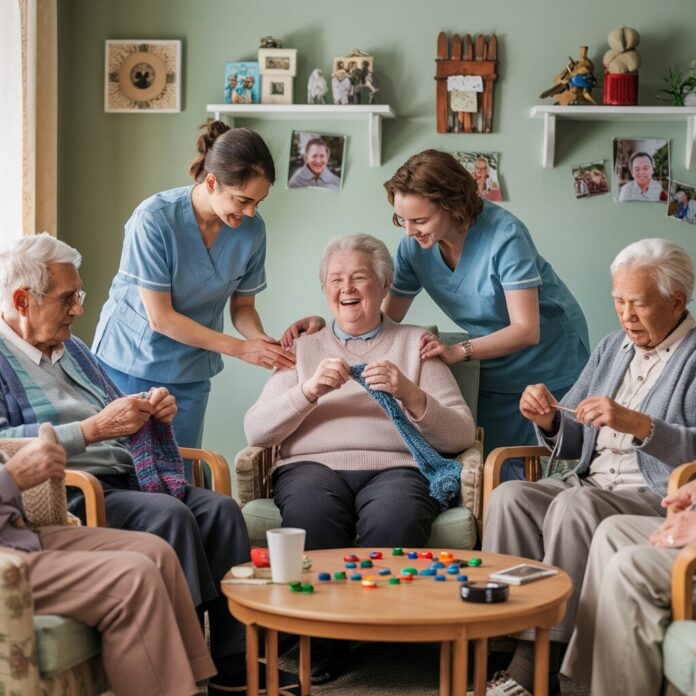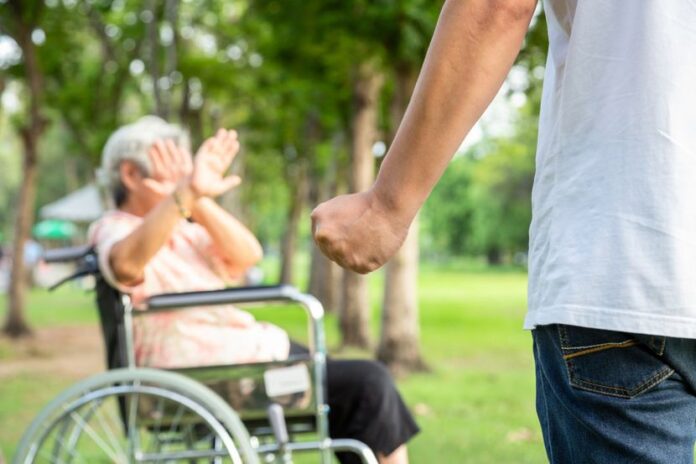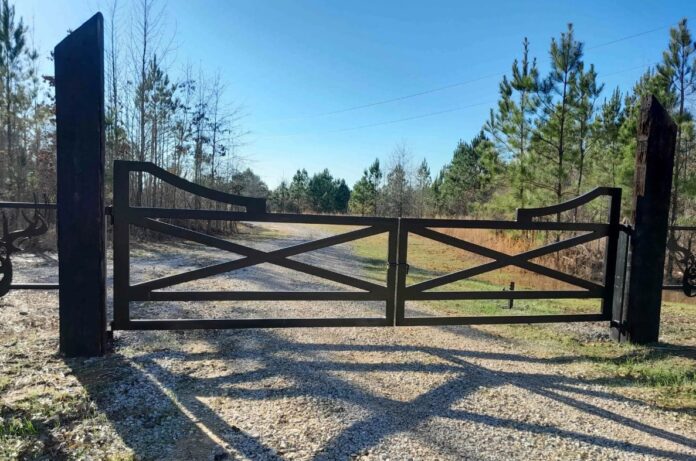Nursing homes are entrusted with the care of elderly individuals, but unfortunately, instances of abuse or neglect can occur. Identifying and addressing these issues is essential to protect residents and uphold their dignity. Abuse can manifest in various forms, such as physical, emotional, financial, and sexual harm. If you suspect or observe abuse, it’s crucial to understand the reporting process and seek justice.
This article provides a comprehensive legal guide to reporting nursing home abuse, offering guidance on navigating the process effectively. In cases where legal assistance is required, Lytal, Reiter, Smith, Ivey & Fronrath – Boca Raton nursing home abuse attorney can offer valuable support and expertise.
Recognizing Nursing Home Abuse


Nursing home abuse refers to any harm or mistreatment experienced by residents in care facilities. This abuse can occur due to neglect, intentional harm, or systemic issues within the facility. Various types of abuse include:
- Physical abuse: Residents may be hit, pushed, or roughly handled.
- Emotional abuse: This involves verbal insults, humiliation, or psychological manipulation.
- Financial abuse: Someone improperly or illegally uses a resident’s money or assets.
- Sexual abuse: Any non-consensual sexual contact or behavior.
- Neglect: Residents do not receive adequate care, attention, or resources, leading to harm.
Identifying Indicators of Abuse
To stop nursing home abuse, it’s crucial to recognize the signs. Physical abuse may result in visible marks, like bruises or cuts, while emotional abuse might cause behavioral changes, such as withdrawal or anxiety. Financial abuse can be detected through unexplained bank withdrawals or alterations in financial documents. Sexual abuse may have both physical signs, such as bruising, and emotional signs, like sudden fear or distress. Neglect can appear as poor hygiene, weight loss, or untreated medical conditions. Staying vigilant and aware of these indicators can help safeguard residents.
Addressing Emergency Situations
If you suspect or witness nursing home abuse, prioritize the safety of the residents involved. Attend to any emergency medical needs right away. Call emergency services if the resident needs urgent medical care. This action ensures that the resident receives appropriate care and that any immediate risks to their safety are handled.
Notifying the Nursing Home Management
Once you’ve addressed any urgent needs, start by reporting the abuse to the nursing home’s management. This step allows the facility to address the issue internally. Speak with a supervisor or administrator, providing them with specific details about the suspected abuse. It’s also important to document your concerns in writing. However, if the management is unresponsive or if the issue appears serious, it’s vital to seek help from external authorities promptly.
Discussing with Medical Professionals


Another essential step is to consult with the resident’s doctors or other medical professionals. These experts can conduct a medical assessment and recognize signs of abuse or neglect. Their evaluations can serve as crucial evidence if further action is necessary. Moreover, medical professionals might provide valuable insights into the resident’s condition and how it relates to the suspected abuse.
Collecting Proof of Abuse or Neglect
To substantiate your concerns, gather evidence of the abuse or neglect. This evidence may include photos of injuries or unclean conditions, written statements from the resident or witnesses, and medical records. Compiling this information is vital for backing up your claims when reporting the abuse to authorities or pursuing legal action.
Informing State Agencies
Every state has organizations responsible for safeguarding nursing home residents. Often, these organizations are part of Adult Protective Services (APS) or the state’s health department. If internal reporting fails to address the issue or if the abuse is serious, it’s essential to contact these agencies. They can investigate the situation and take appropriate action. When reporting to state authorities, offer detailed information, such as the resident’s name, the facility’s name, the type of abuse, and any evidence you possess.
Contacting Federal Agencies
Besides state authorities, federal agencies also monitor nursing home care. The Centers for Medicare & Medicaid Services (CMS) regulate nursing homes that receive federal funding. If a facility does not comply with federal standards, CMS can intervene. The federal government also runs the Elder Justice Initiative, which aims to combat elder abuse. Reach out to federal authorities if the abuse is severe or if state agencies do not take action.
Contacting Law Enforcement
In cases of serious abuse, especially involving physical or sexual harm, contact local law enforcement immediately. The police can investigate criminal aspects of the abuse and take necessary action. Contacting law enforcement is also important if there is an immediate danger to the resident. When reporting to the police, provide as much information as possible, including any evidence you have.
Informing Law Enforcement
In severe abuse cases, particularly those involving physical or sexual harm, contact local law enforcement right away. The police can investigate the criminal aspects of the abuse and take appropriate action. Notifying law enforcement is also crucial if the resident is in immediate danger. When reporting to the police, offer as much information as possible, including any evidence you have.
Pursuing Direct Legal Action with a Skilled Attorney
In serious cases of abuse or neglect, seeking direct legal action with the help of an experienced lawyer is often essential. An attorney can guide you through the legal process, clarify your rights, and effectively represent your interests. Direct legal action may involve filing a civil lawsuit, but it also encompasses advocating for the resident’s rights within the legal system.
Conclusion


Addressing nursing home abuse is crucial for protecting vulnerable residents and ensuring their well-being. Recognizing and reporting abuse involves several steps, from internal reporting to contacting state and federal authorities, and even filing a lawsuit if necessary. By taking these steps, you can help stop abuse and seek justice for those harmed.
If you need legal assistance, contacting an experienced attorney specializing in elder abuse can provide the expert support and guidance you need to navigate this challenging process. It’s important to remember that reporting and addressing abuse is not just about seeking justice for past harm, but also about preventing future abuse and ensuring the safety of all residents in nursing homes.







